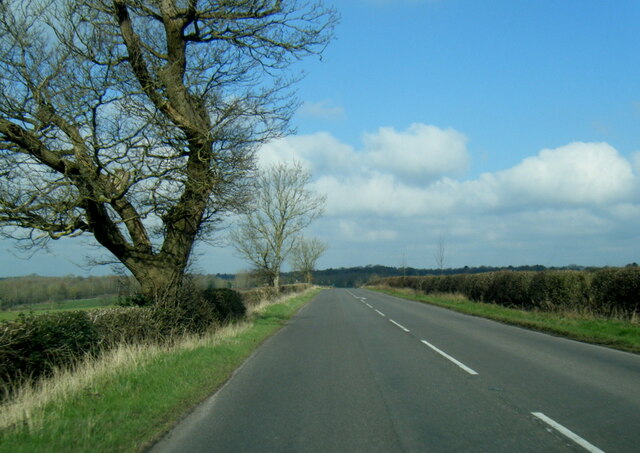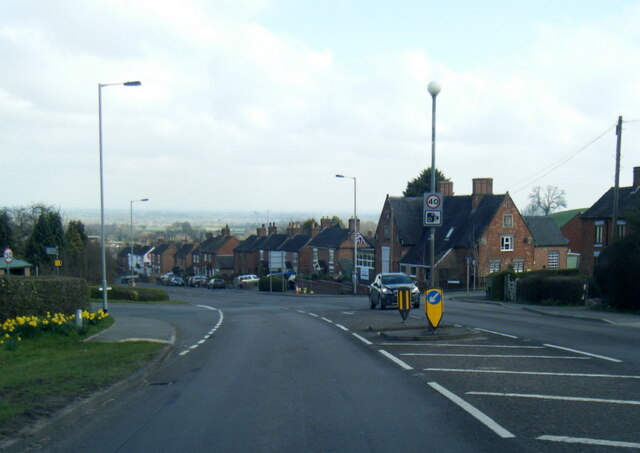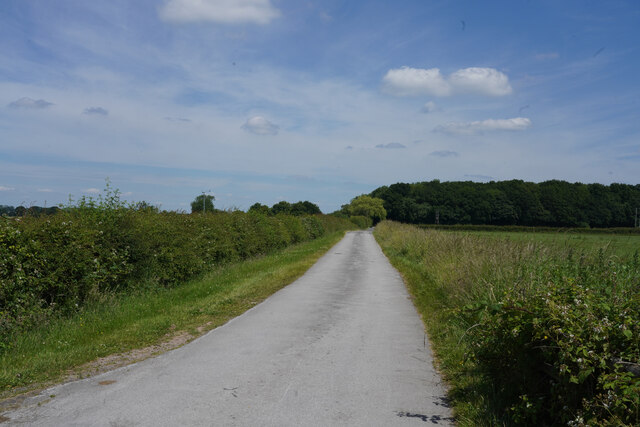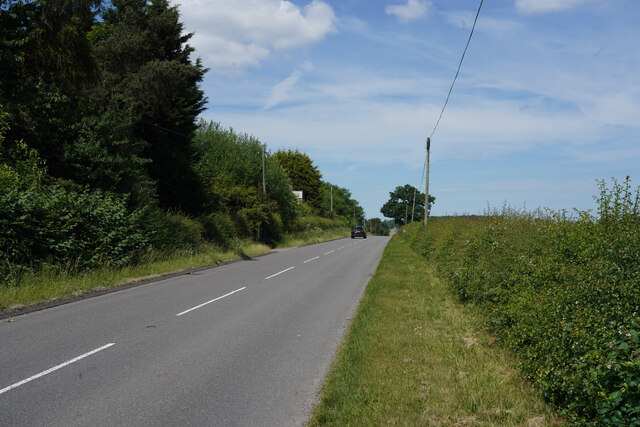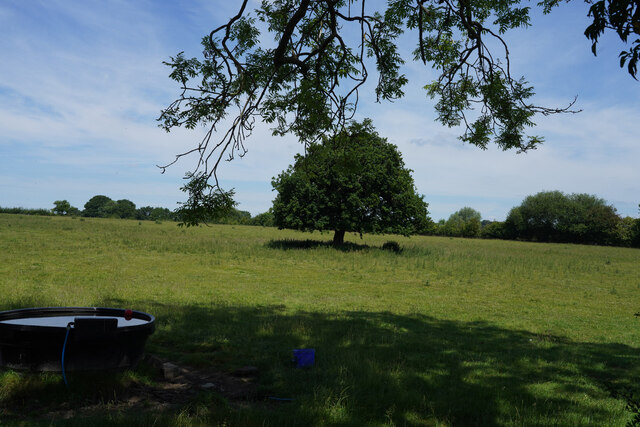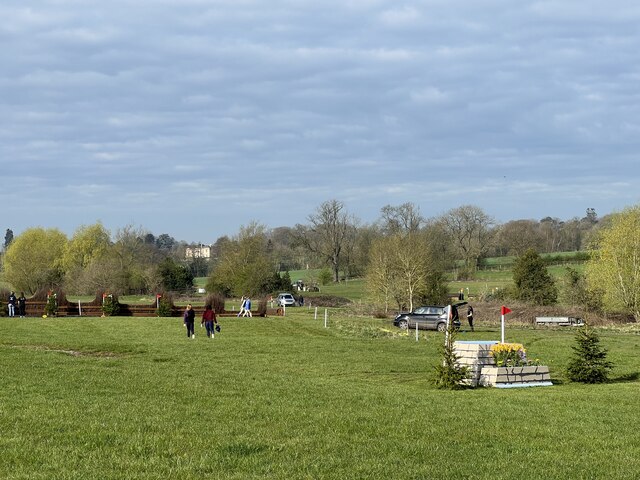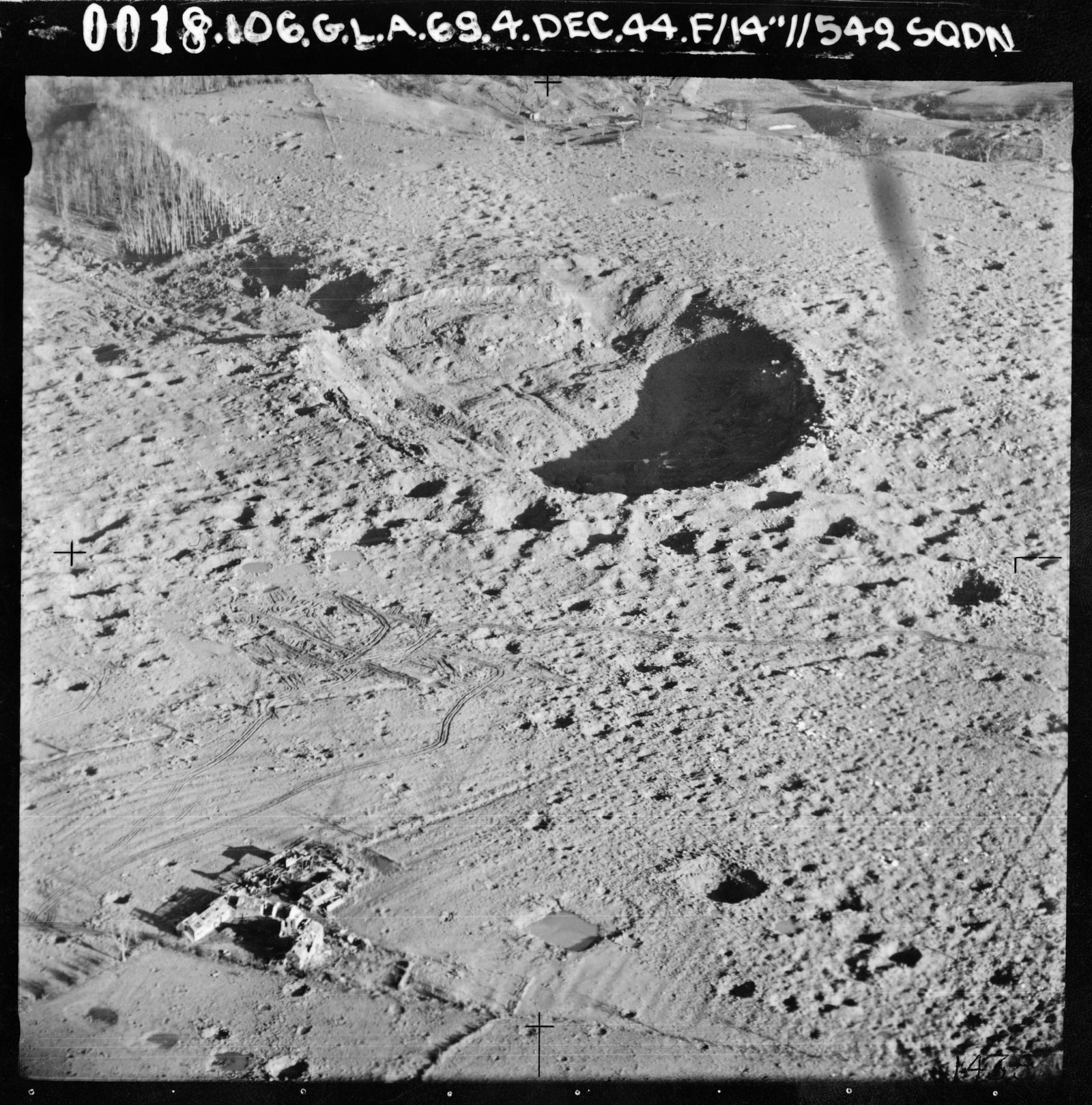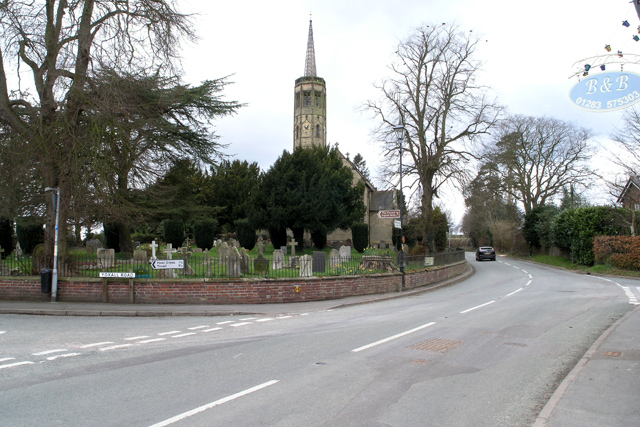Bolingbroke Wood
Wood, Forest in Staffordshire East Staffordshire
England
Bolingbroke Wood
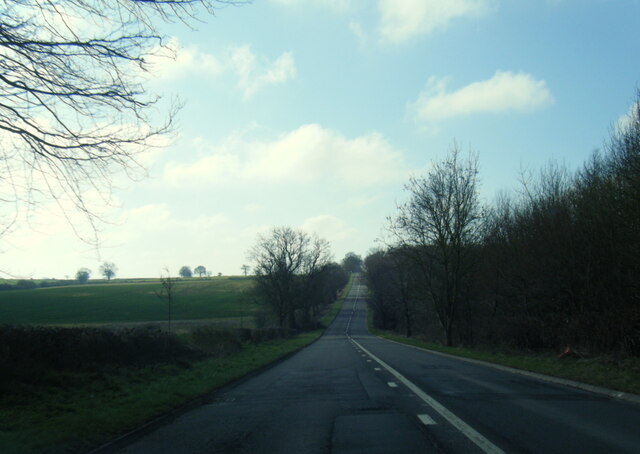
Bolingbroke Wood is a picturesque forest located in Staffordshire, England. With an area of approximately 500 acres, it is a significant natural attraction in the region. The wood is situated near the village of Bolingbroke, surrounded by rolling hills and stunning countryside.
The forest is predominantly made up of a variety of broadleaf trees, including oak, beech, and birch. These towering trees create a lush canopy that provides shade and a tranquil atmosphere for visitors. Bolingbroke Wood is home to an array of wildlife, including deer, foxes, and a diverse range of bird species. Nature enthusiasts can explore the forest's many walking trails, immersing themselves in the beauty of the natural surroundings.
Bolingbroke Wood is not only a haven for wildlife but also a popular destination for outdoor activities. The forest offers opportunities for hiking, cycling, and horseback riding, with designated trails catering to different interests and abilities. Picnic areas are scattered throughout the wood, providing visitors with a chance to relax and enjoy a meal amidst the peaceful ambiance.
The wood is managed by the local authorities, ensuring its preservation and maintenance. It is open to the public year-round, with no admission fees, making it an accessible and affordable destination for nature lovers and families alike.
Overall, Bolingbroke Wood is a captivating woodland that showcases the natural beauty of Staffordshire. Its diverse ecosystem, scenic trails, and recreational opportunities make it a must-visit for anyone seeking tranquility and a connection with nature.
If you have any feedback on the listing, please let us know in the comments section below.
Bolingbroke Wood Images
Images are sourced within 2km of 52.83714/-1.7683823 or Grid Reference SK1526. Thanks to Geograph Open Source API. All images are credited.
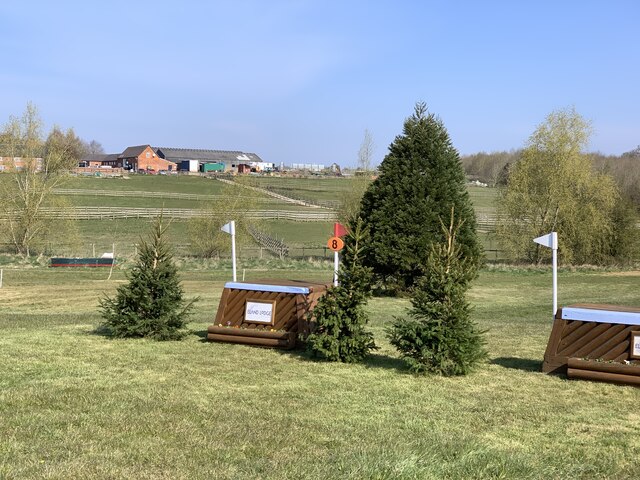
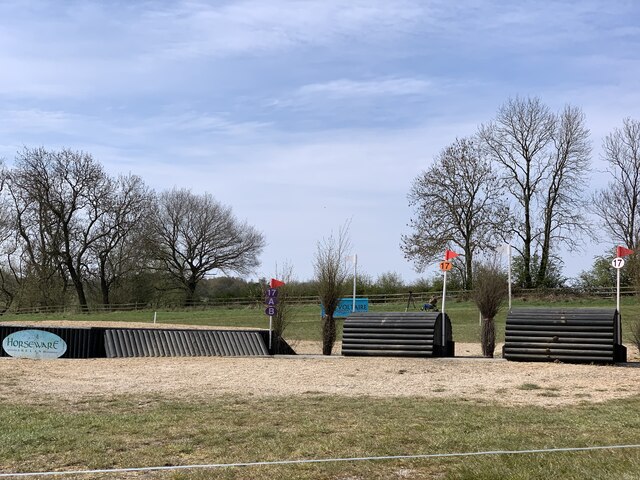
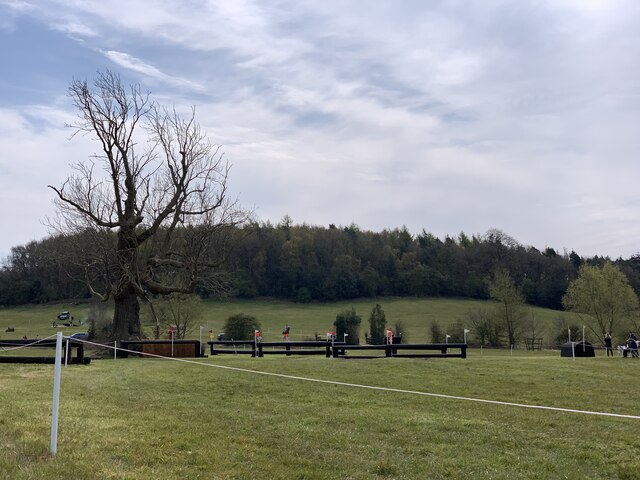
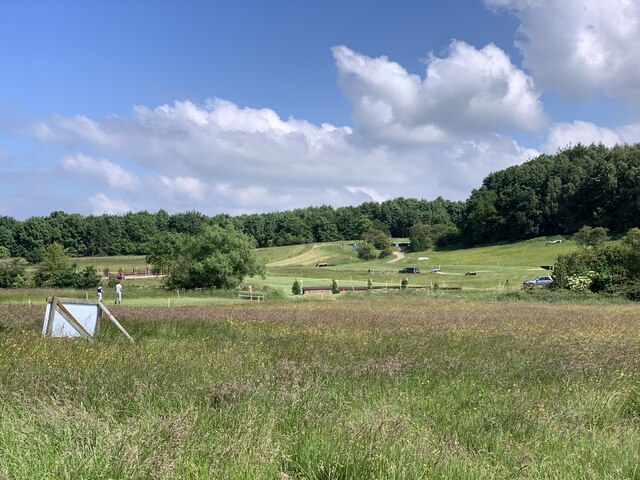
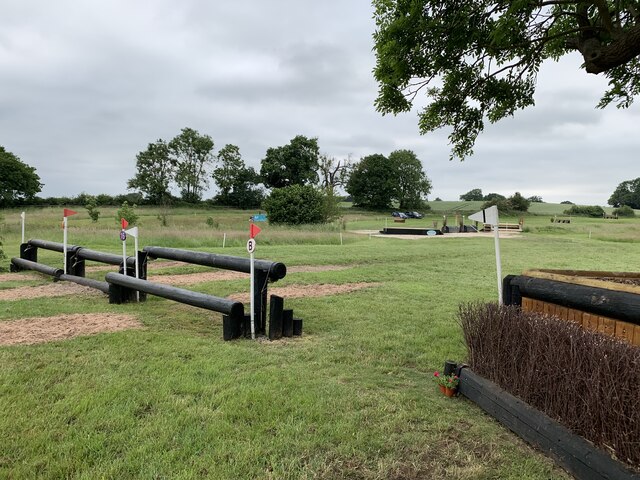
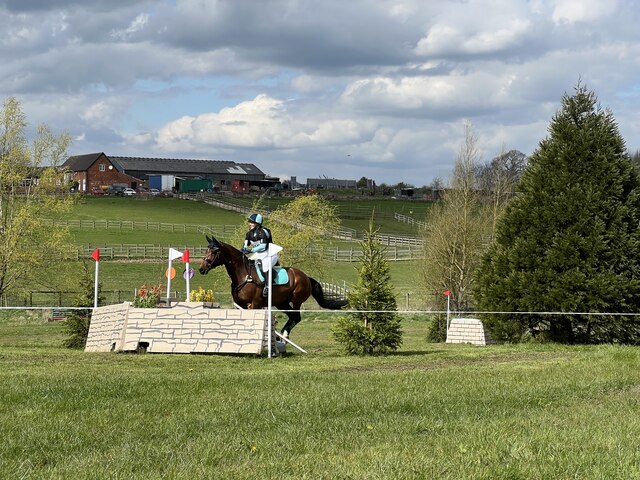

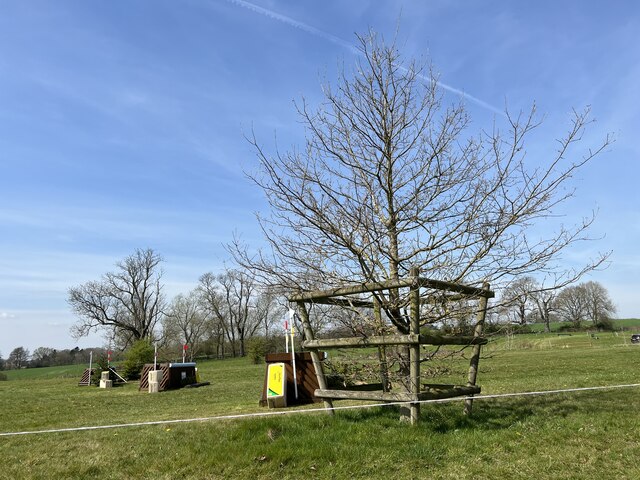
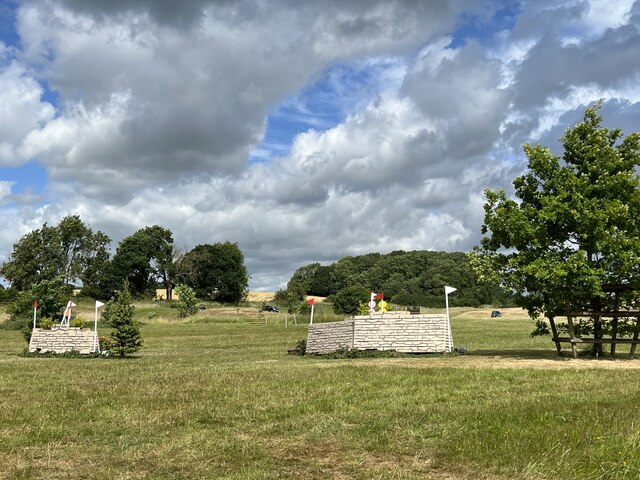
Bolingbroke Wood is located at Grid Ref: SK1526 (Lat: 52.83714, Lng: -1.7683823)
Administrative County: Staffordshire
District: East Staffordshire
Police Authority: Staffordshire
What 3 Words
///briskly.grips.obligated. Near Abbots Bromley, Staffordshire
Nearby Locations
Related Wikis
Draycott in the Clay
Draycott in the Clay is a village and civil parish within the English county of Staffordshire. == Location == The village is located between Uttoxeter...
Hanbury, Staffordshire
Hanbury is a rural village and civil parish 3.3 miles (5.3 km) west-north-west of Burton-on-Trent in Staffordshire, England. It is bounded to the north...
RAF Tatenhill
RAF Tatenhill is a former Royal Air Force satellite airfield in Tatenhill, Staffordshire, England, 4 NM (7.4 km; 4.6 mi) west of Burton on Trent. It was...
Tatenhill Airfield
Tatenhill Airfield (ICAO: EGBM) is a licensed airfield operated by Tatenhill Aviation Ltd. Its CAA Ordinary Licence (Number P813) allows flights for the...
RAF Fauld explosion
The RAF Fauld explosion was a military accident which occurred at 11:11 am on Monday, 27 November 1944 at the RAF Fauld underground munitions storage depot...
Newborough, Staffordshire
Newborough is a village and civil parish in the county of Staffordshire, England. It is located 3 miles (5 km) south west of Hanbury and 8 miles (13 km...
St George's Park National Football Centre
St George's Park (SGP) is the English Football Association's national football centre (NFC) built on a 330-acre (130 ha) site at Burton upon Trent, Staffordshire...
Byrkley Lodge
Byrkley Lodge was a country house and later racing horse stud farm, located close to Burton on Trent, Staffordshire. Demolished in 1953, its former grounds...
Related Videos
DRAYCOTT IN THE CLAY: East Staffordshire Parish #4 of 38
EAST STAFFORDSHIRE PARISH #4: DRAYCOTT IN THE CLAY For the second time on the channel we hit a place with the name ...
TRIP TO ELAND LODGE HUNTER TRIALS | Supporting friends | XC
Just a quick video of visiting Eland Lodge. I'd never been before so it was great to have a look around and support to ladies from ...
A Lil Bit A Bim - Celebrating Barbados Culture in the UK Cricket and Soca
Highlights from our trip to a lil bit a Bim, Burton on Trent. Featuring The orange songstress Nikita who flew in from Barbados.
Nearby Amenities
Located within 500m of 52.83714,-1.7683823Have you been to Bolingbroke Wood?
Leave your review of Bolingbroke Wood below (or comments, questions and feedback).
